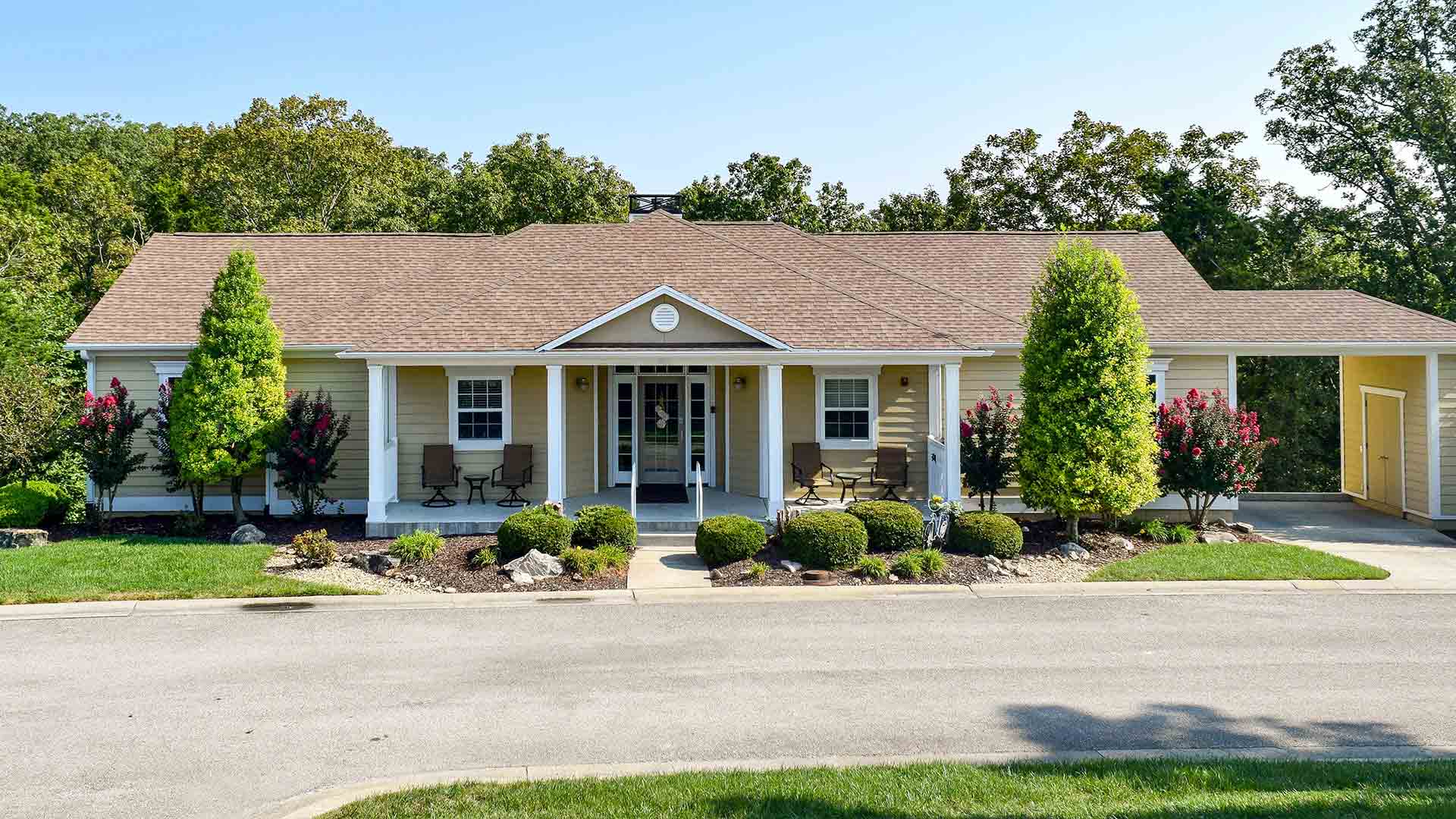The Pros & Cons of Owning Multiple Vacation Rentals

You invested in a second home, and you’re seeing great returns on it as a vacation rental.
And if one property is good two must be better, right?
Many vacation rental owners choose to invest in more than one home, building themselves lucrative rental empires along the way. But while owning multiple vacation rentals comes with some great perks, it isn’t for everyone.
Are you the kind of owner who would enjoy building a vacation rental empire? Let’s find out.
Pros
Increased Income
The primary benefit – and main motivator – for most owners considering owning multiple rentals is, of course, increasing the income potential for their business. And rightly so.
Assuming you have the capital to invest in the additional properties, you could potentially double or triple your current income by adding another property – especially if you’ve already worked out how to market your vacation rental effectively enough to offset the costs of ownership.
If you’re able to invest in multiple vacation rental markets, you could increase your ability to capture bookings across several busy seasons. If your current property has a winter high season, consider investing in a location with a summer high season to generate consistent rental income throughout the year. Let’s say you currently have a ski house or cabin vacation rental with a winter peak season, for example. As you grow your vacation rental business, you could consider investing in a summer-friendly lake house or beach rental to generate more consistent revenue throughout the year.
Increased Equity
Owning multiple rentals will also greatly increase your exit earnings should you choose to sell your properties.
While many owners of a single vacation rental plan to retire to their vacation home one day and boost their retirement savings with the sale of their primary residence, owners of multiple rentals can enjoy an equity windfall when they’re no longer interested in running their vacation rental business.
If you’re running a successful business, your vacation rental earnings should be able to cover your mortgage – and then some. This means that even if you break even on the sale of your rental properties, you’ll benefit from renters paying down your principal (the amount you owe on the property). That said, investing wisely in an area that’s likely to appreciate over time can significantly increase your returns, creating quite a substantial nest egg.
You can boost your return on investment still further if you are willing to make improvements to your properties over time.
More Experience, Faster
You’re looking to build a lucrative business, which means you’ll want to constantly incorporate new strategies to keep on top of the demands of the changing vacation rental industry. There’s just one problem: you don’t want to risk your entire rental income while you’re trying out a new tactic that may or may not work.
With multiple vacation rental homes, you’ll be able to fast-track your experience and build up a cache of industry expertise much faster. Trying out dynamic pricing for the first time? Think keeping your rental fully stocked with toiletries and amenities could increase your star rating?
By owning multiple properties, you can choose one to use as a flagship for experimentation without putting your entire income on the line. If the strategy works, wonderful – you can start using it in all of your vacation rentals. If it doesn’t, very little harm was done to your overall bottom line.
Fallback Options for Your Guests
One of the biggest challenges of operating a vacation rental rather than a B&B or a motel is that you only have one property to provide the guest. If your property is double booked, damaged by an environmental disaster, or burgled, there’s no easy way to replace the experience your guests paid for.
Unless, of course, you own multiple rentals in the same area.
Most vacation rental owners end up paying for their stranded guests to stay in a hotel, but that’s not the experience they paid for and it’s often not enough to overcome their disappointment. If you have multiple properties that are similar, however, you can give your guests a viable fallback option in case of emergency.
You’ll rarely need this perk, of course, particularly if you do your best to avoid double bookings – but when you need it, you really need it.
Cons
Repair Costs
Multiple properties means multiple maintenance crews. While your vacation rental business should already have a percentage of your budget set aside for ongoing maintenance, it’s the time commitment that can be difficult for owners of multiple rentals.
Keeping up with a maintenance schedule on one property is relatively simple, but if you have multiple rentals that all need the pipes checked before winter, you may find it difficult to get all properties serviced properly between guests.
Natural disasters can also incur huge repairs that can destroy the viability of your business. Naturally, you’ll want homeowners’ insurance that covers the cost of repair, but while your property is being repaired, it can’t be rented – and owners of multiple properties are more likely to be relying on their rentals as their sole source of income.
It’s not a deal-breaker, but it is a reason to have a cushion set aside in case of emergency.
Potential for Depreciation
Sometimes even the most booming real estate markets can crash. Purchasing a home as an investment is only beneficial so long as the exit value meets or exceed the initial cost. A dip in the market could make it difficult to sell your property, and ultimately reduce the usefulness of your rentals as income generators.
Moreover, years of wear can impact your property’s value – another reason ongoing maintenance is so essential. If your properties are no longer in good shape when you sell them, you may find their value has deteriorated more than you can afford.
Increased Stress
Let’s face it: owning just one vacation rental can be a lot of work. Throw an additional property or two into the mix and you can easily be overwhelmed by constant inquiries to answer, payments to track, cleanings to coordinate, issues to resolve, and market changes to keep up with.
Owners who have one rental invest a lot of time into ensuring it’s running smoothly. If you opt to invest in multiple properties, be prepared to make vacation rental ownership a full-time job.
Ultimately, whether you’re ready to invest in a vacation rental empire comes down to the usual culprits: time and money. You’ll want to be sure you’re getting the return on your investment you hope for – and that you don’t run yourself ragged doing so.
If you’re interested in running a vacation rental business full-time and have the capital to invest, it can be a very lucrative endeavor. If you feel you’d have to stretch either your bank account or your personal bandwidth thin to handle more than one rental, however, we’d recommend optimizing what you get out of your current property instead.
Have the money to invest but not the time? Evolve helps owners easily navigate new investments, property management, and growing portfolios.
